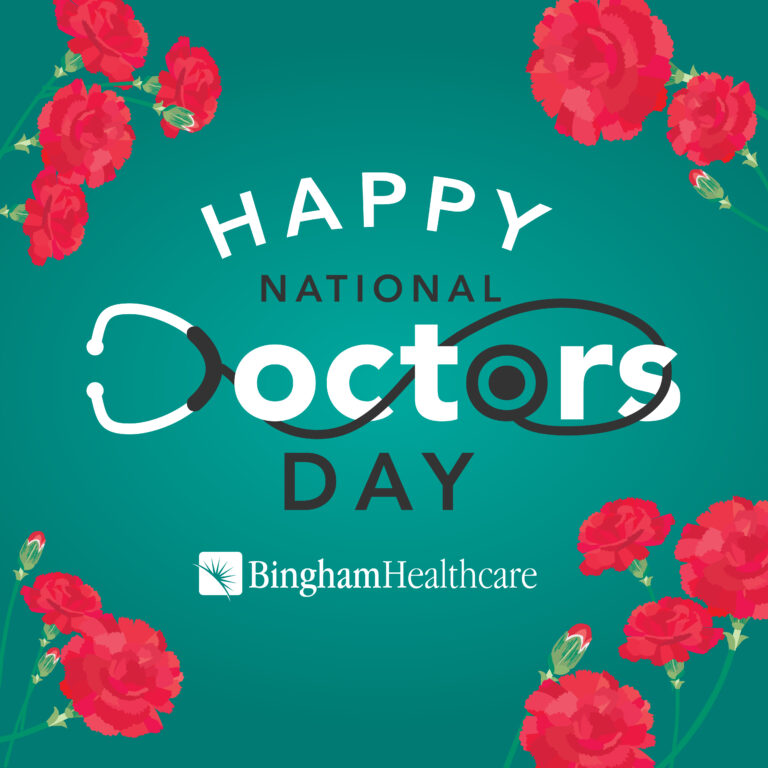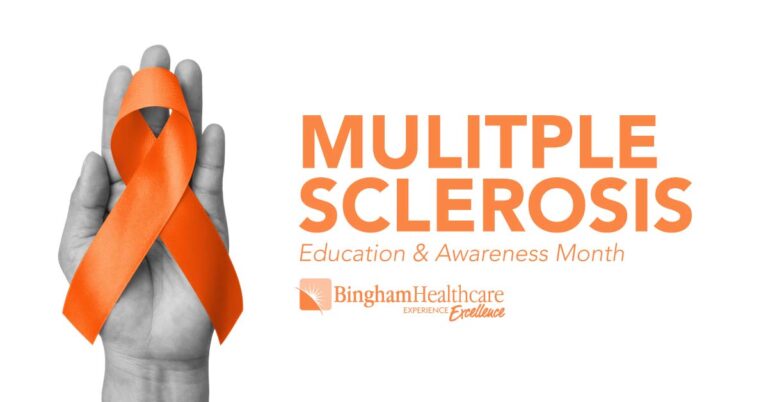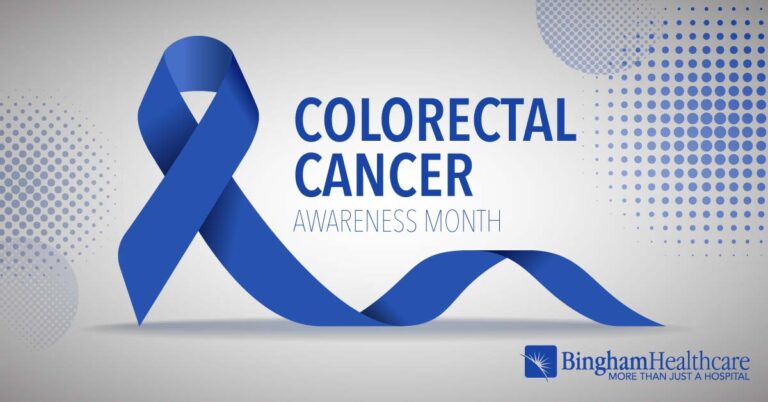
Understanding Panic Attacks
Panic attacks can be scary. An attack can come without warning, and it can make you feel out of control. However, you don’t have to live in fear of having a panic attack. Here is some useful information about panic attacks and how to get help.
People who experience frequent panic attacks are diagnosed with a panic disorder, which is a serious condition that strikes without reason or warning. A panic disorder is different from a normal fear reaction to stressful events, and people with a panic disorder have sudden and repeated attacks of fear that last for several minutes or longer. These are called panic attacks, but can feel like you’re having a heart attack.
First, know the warning signs of panic attacks. Symptoms include:
- Faintness
- Headache
- Rapid heart rate
- Sweating
- Trembling
- Trouble swallowing
But, panic attacks and heart attacks can both include:
- Intense chest pain
- Nausea
- Shortness of breath
- Sweating
- Tingling
A telltale sign of a heart attack is the presence of chest pain, often described as crushing or like an elephant sitting on your chest. The pain starts in the middle of the chest and may refer down the left arm and into the back. If you have these symptoms for more than five minutes, do not hesitate to call 911 immediately. If you do not have access to 911 services, or if you are away from a phone, have someone drive you to the nearest emergency room.
Symptoms of a panic attack usually peak (and then start to subside) after about 10 minutes. And, the chest pain, while uncomfortable, lacks the crushing quality described by patients who have actually had a heart attack. The pain is limited to the chest area and comes and goes. Further, the tingling and numbness, sometimes felt during a panic attack, is not limited to the left arm, but can occur in the right arm, legs, and toes as well.
Pressure test
Panic attacks feel like heart attacks for a reason: Both share symptoms like rapid heartbeat, chest tightness, and sweating. And here’s another connection: The stress that can bring on a panic attack is linked to high blood pressure and heart disease. All of this suggests that if stress is a standard part of your daily life, it might be a good idea to monitor your blood pressure. Since it’s not practical to see your doctor for regular monitoring, can you trust the DIY kiosks at the drugstore?
There are ways to get more accurate readings.
The machines at drugstores are probably not regularly calibrated, which can cause inaccurate readings. If you want to measure your blood pressure between medical appointments, purchase a home blood pressure monitor and be sure to use it at the same time every day.
Signs of panic attacks are different for each person, though, so keep track of yours. If you have panic attacks that regularly occur, please see a doctor. If not treated, panic attacks could get worse over time. You don’t want to live in fear of another attack.
Your doctor can help you find treatment that works for you. Be ready to answer the doctor’s questions. Your doctor might order a simple blood test. If your panic is severe, you might be diagnosed with a panic disorder.
Talk therapy and meds are two effective options. Your doctor might prescribe one or both. Medicine can help you control symptoms. Talk therapy can get to the root of the issue. There is no quick solution. But your life can get better.
REMEMBER, YOU’RE NOT ALONE
Bingham Healthcare Mental Health Counselors are here. If you or a loved one are struggling with any of the signs described in this article and require the services of a mental health counselor, please call (208) 785-3800 to schedule an appointment or visit www.BinghamMemorial.org/Mental-Health-Counselors. Our mental health specialists see patients in Blackfoot, Idaho Falls, Pocatello, as well as online or over the phone via Telehealth.
Schedule your Telehealth visit today!
All of Bingham’s mental health professionals are accepting Telehealth appointments, which means you can have your appointment over the phone or computer from the comfort of your own home. For more information, please visit www.BinghamHealthcare.org/Telehealth.
Our content is reviewed regularly and is updated when new and relevant evidence is made available. This information is neither intended nor implied to be a substitute for professional medical advice. Always seek the advice of your physician or other qualified health provider prior to starting any new treatment or with questions regarding a medical condition.
Return to Articles


